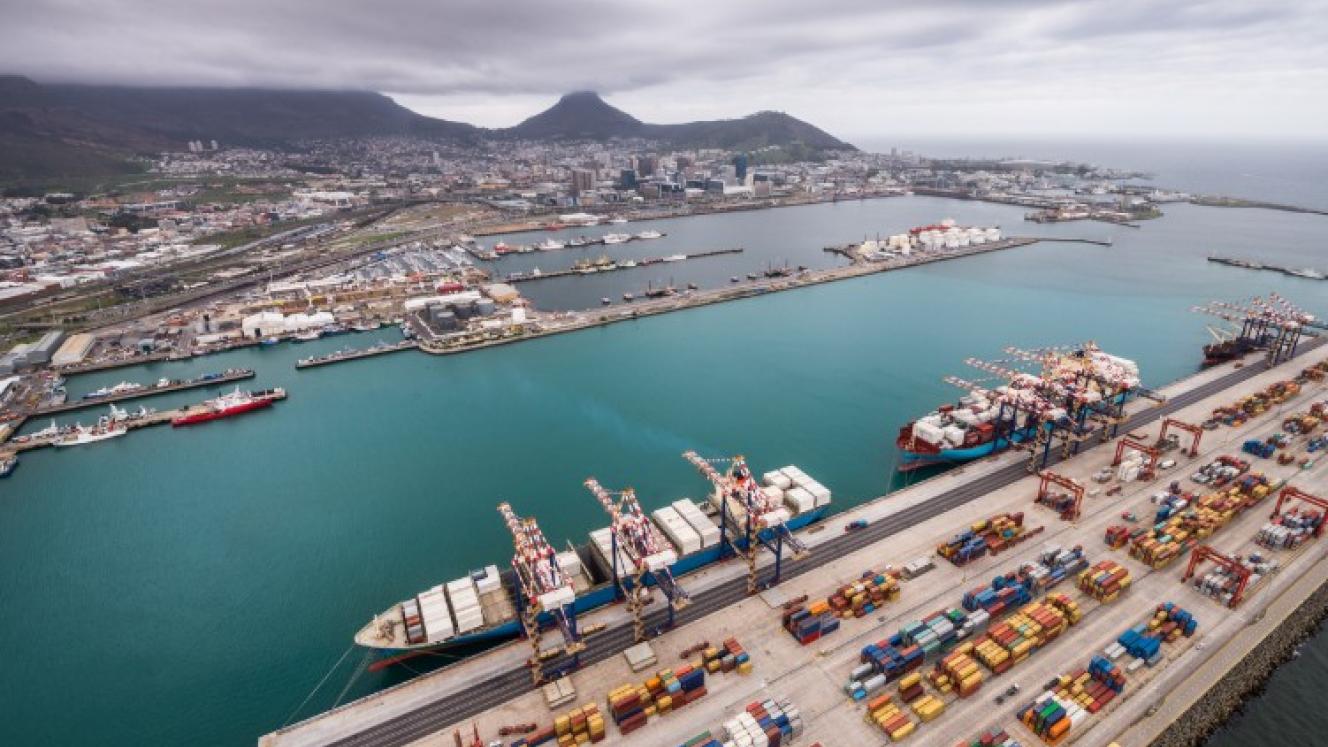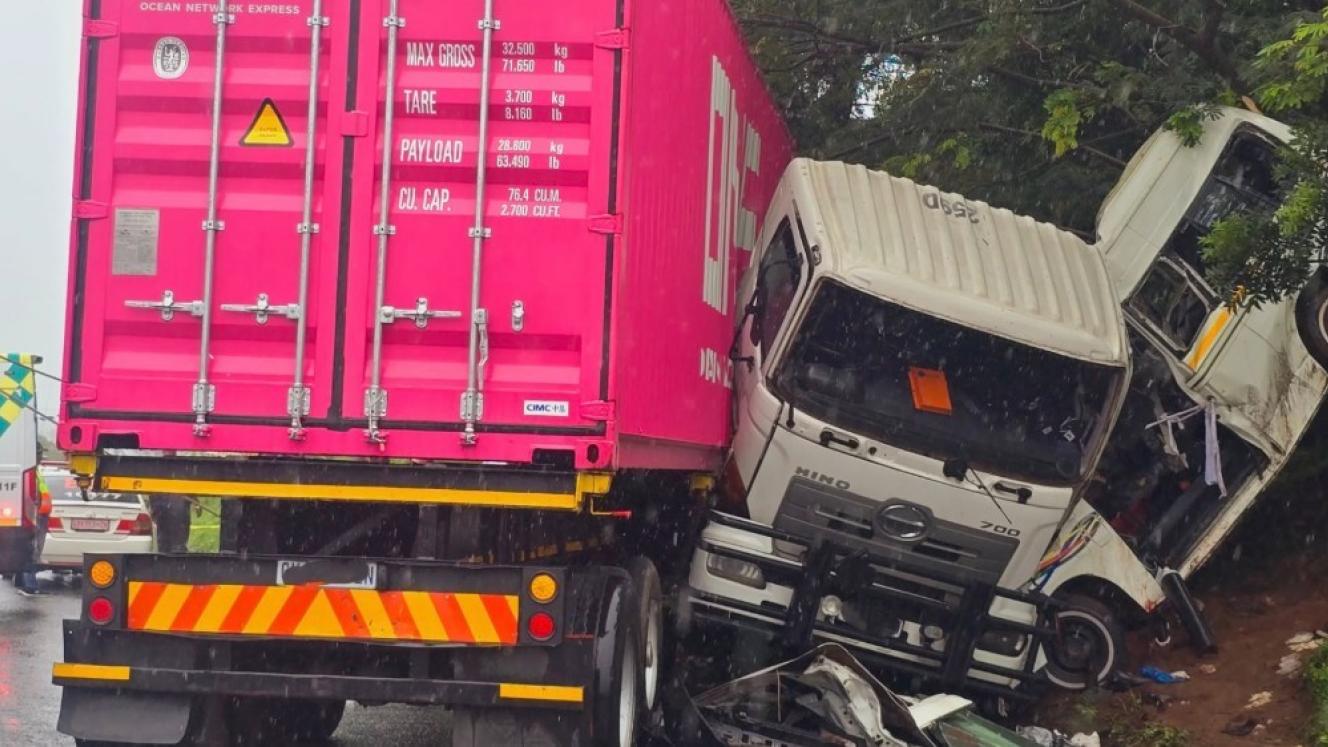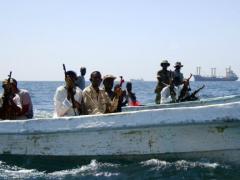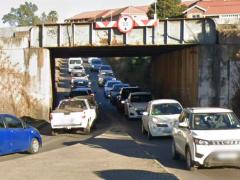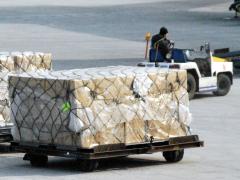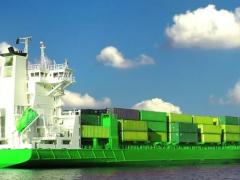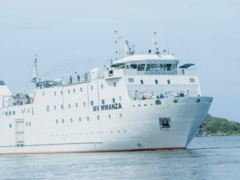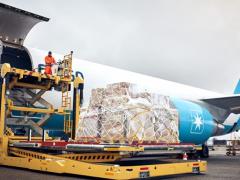The proposed Merchant Shipping Bill, which would have halted the right of commercial lines to move freight along South Africa’s coast, a service known as cabotage, has been officially stalled – for now.
This was confirmed by a Cabinet statement earlier this month but only brought to the attention of Freight News yesterday.
The heavily opposed Bill, which provoked the ire of industry because of government’s implicit intent to start a state-owned entity (SOE) responsible for cabotage shipping, has been withdrawn in its entirety, the statement says.
Annelize Crosby, head of Legal Intelligence at the Agricultural Business Chamber (Agbiz) of South Africa, told an Exporters Western Cape (EWC) gathering in March that the Bill had failed to properly adhere to industry-testing regulations by the National Economic Development and Labour Council (Nedlac).
Opposition to the Bill, especially insofar as it served to establish an SOE provisionally referred to as the South African Shipping Company (SASCO), included several presentations to Parliament’s Portfolio Committee by the likes of the South African Association of Freight Forwarders (Saaff), Agbiz and the South African Association of Ship Operators and Agents (Saasoa).
The latest statement, dated October 15, says: “Cabinet approved the withdrawal from Parliament of the Merchant Shipping Bill, 2023, to allow the Department of Transport to finalise the Nedlac process.”
EWC chairman Terry Gale says the industry has welcomed the withdrawal of the Bill.
“Should the Bill have been passed, the negative impact on our industry would have been immeasurable.”
Gale, who has been very critical of the Bill, stating categorically that the government’s current running of SOEs proves it shouldn’t be trusted with another, says it appears that industry was not fully familiar with the contents of the Bill.
Had the Bill become an Act, it could have led to the liner trade being forced to use a hub port – most likely Durban – from where all ocean cargo would have been required to be redistributed.
“Can you please visualise the consequences of this?” Gale says.
“The situation would become untenable should the hub port experience weather delays, work stoppages, etc.”
As to the potential establishment of a state-owned shipping company, frequently supported by transport minister Barbara Creecy as a potential source of investment and job creation, Gale is on record for slating such a venture.
“We need vessels on all our trade lanes, operating weekly services with the shortest possible transit times.”
He also questioned where funding for the proposed SASCO would come from.
Gale recognised Dave Watts of Saasoa for alerting industry to the Bill, including the subsequent inputs by Saaff, Agbiz, fruit industry stakeholders and Nedlac for opposing the Bill.
“It shows that our democracy works,” he says.
